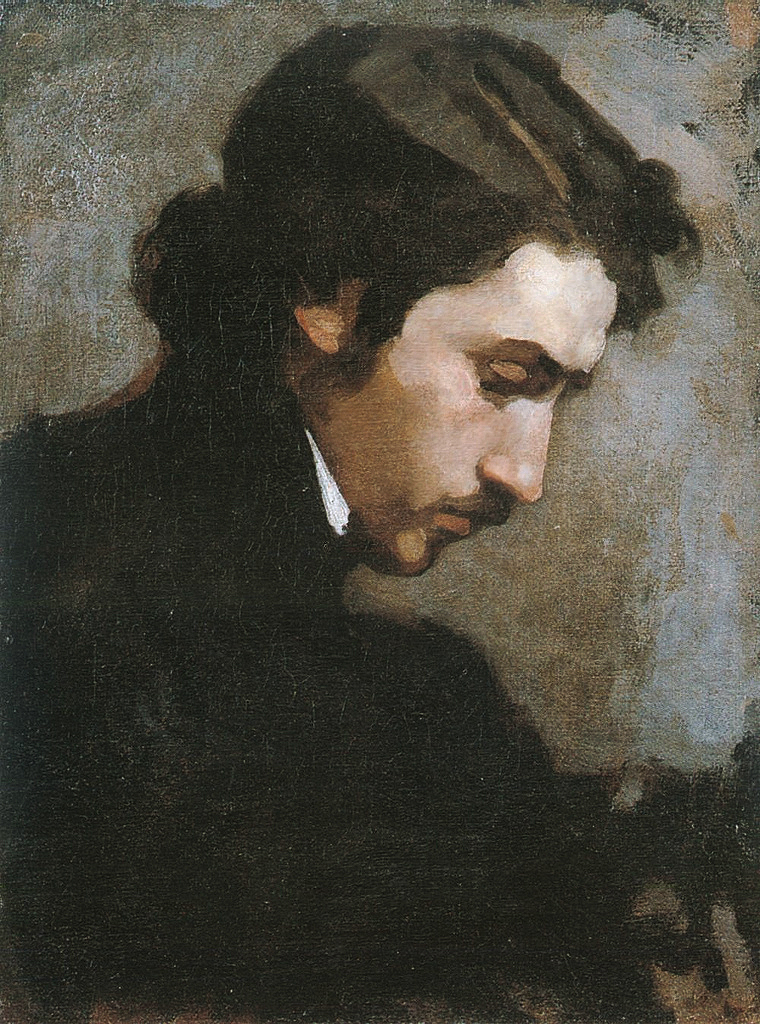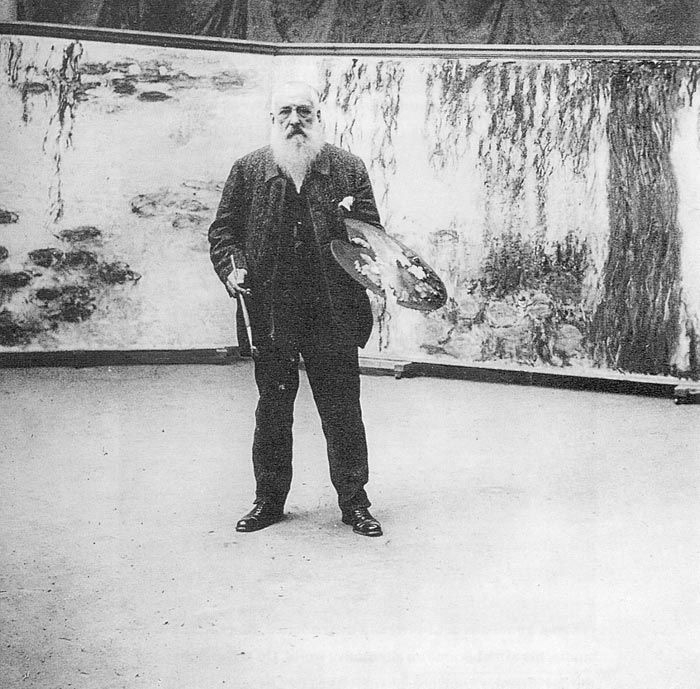Claude Monet (1840-1926)
Claude Monet, a French painter and the father of impressionist art, is regarded as a significant forerunner of modernism, particularly for his efforts to capture nature as he saw it in his works. He was the most productive and consistent impressionist painter during the course of his lengthy career, especially when it came to plein air (outside) landscape painting, which is the art of expressing one's perceptions before nature. Impression, Soleil levant, a painting by Monet that was displayed in the 1874 "exhibition of rejects," a substitute for the Salon, is where the word "Impressionism" originates.
Monet was up in Le Havre, Normandy, where he developed an early love in the outdoors and in drawing. His father, Claude-Adolphe Monet, disapproved and preferred that he pursue a career in business, despite the fact that his mother, Louise-Justine Aubrée Monet, encouraged his desire to become a painter. He was very close to his mother, but she passed away in January 1857 when he was sixteen. As a result, he was transferred to live with Marie-Jeanne Lecadre, his wealthy, childless aunt. He continued his education at the Académie Suisse, where he studied under academic history painter Charles Gleyre and was a fellow student of Auguste Renoir. Landscapes, seascapes, and portraits were among his early subjects, although they received little attention. Eugène Boudin, who introduced him to the idea of plein air painting, was a significant early influence. Monet settled in Giverny, also in northern France, in 1883, when he bought a home and grounds and started a massive landscaping project that included a water lily pond.
Birth - Death: 1840 - 1926

















